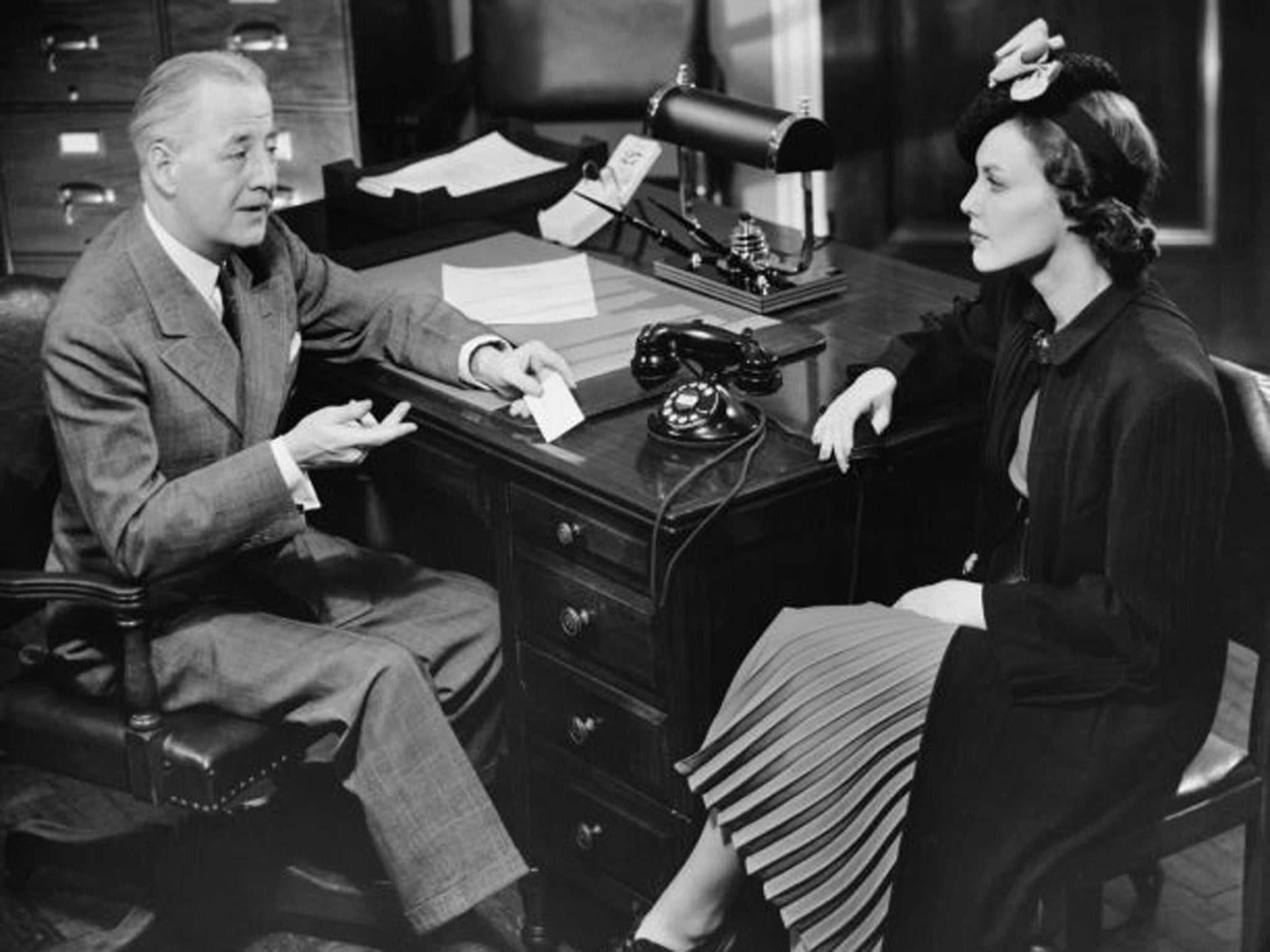Top money tips for 2016: How to sort out your finances and make yourself richer
Simon Read shares some financial insights that could help you in the coming 12 months

It's been a very long while since I made any New Year's resolutions. Frankly I know, like many other people, I'm extremely unlikely to keep them. But now we're a couple of days on, it seems timely to share some financial insights that could help you in the coming 12 months. I asked a few experts for their Top Money Tips. Here's their responses:
Karen Barrett, chief executive of unbiased.co.uk, said: "The best tip I can give is to make an appointment to see a financial adviser. Sorting out your finances is like deciding to get fit – the sooner you act the better, and if you have someone helping you to focus on the important things and chivvying you along, all the better."
Before you make a move like that, it's crucial to take stock of where you are right now, and ask yourself several questions. For instance, are you on the best mortgage deal, or is your good rate about to come to an end? Are you aware of all the changes that have happened to pensions?
What about a will: have you made one? And are you taking advantage of all the tax breaks that are available to you? What about your savings: when did you last review them to ensure they're on track for whatever you're saving for?
"Being honest with yourself is the first step; after that, an independent financial adviser can help you to identify and address the areas where you might need help," suggested Karen Barrett.
Daniel Bailey, a mortgage adviser with Middleton Finance, aimed his advice at potential first-time buyers. He said: "If you are looking to buy your first home in the next 12 months, check your credit rating. We all presume our credit rating is fine but it is not always the case. This can easily be checked online."
Patrick Connolly of Chase de Vere had a financial tip for mortgage borrowers. "With interest rates still at historic low levels, this remains a great opportunity for many people to reduce the amount they owe on their mortgage," he said.
"See if you're able to make over-payments to your mortgage, either with regular premiums or lump sums, as doing this should put you in a better position when interest rates do eventually rise."
When will interest rates rise? No one yet knows, but planning for that eventually is a wise move, as it will happen in due course.
Scott Gallacher of the Leicester-based independent financial advisers Rowley Turton helpfully produced 10 top tips.
1) Keep a spending diary. Before you start sorting out your finances, you need to know where all your money is going.
2) Set a budget. Do you really need to spend £3 a day on a fancy coffee? But make sure the budget is realistic and allows you treats, otherwise it will instantly fail.
3) Increase your income. One of the easiest ways to improve your finances is to boost your income. Earn a pay rise or a promotion, look for a new job, or take on a part-time job.
4) Maximise your perks. Many bigger companies offer valuable staff benefits, such as pensions, savings schemes and staff discounts. Make sure you are taking full advantage of all of these benefits, as they are equivalent to an extra pay rise.
5) Review your mortgage. Check you have the best possible deal, as this could save you literally hundreds of pounds a week. If affordable, you should look to increase your monthly repayments, as this could help you knock years off your mortgage.
6) Repay your debt, starting with the most expensive interest rate, using the savings found from your spending diary and your new budget.
7) Insure yourself. You and your wages are your most important asset. Don't forget this and make sure you are insured against ill health or death. You should speak to an independent financial adviser to ensure that any insurance you have is competitive.
8) Start a pension or increase your contributions. It's never too early to start saving for your retirement. You want to enjoy your retirement drinking chardonnay in the south of France, not eating baked beans on toast in Cleethorpes.
9) Build an emergency fund. The reason many people get into debt is because they do not have any savings to start with. Ideally you should have an emergency fund of between three and six months' expenditure.
10) Invest. The stock market has historically given much better long-term returns that deposit accounts, and with savings rates at historic lows, consider becoming an investor rather than a saver.
Subscribe to Independent Premium to bookmark this article
Want to bookmark your favourite articles and stories to read or reference later? Start your Independent Premium subscription today.

Join our commenting forum
Join thought-provoking conversations, follow other Independent readers and see their replies